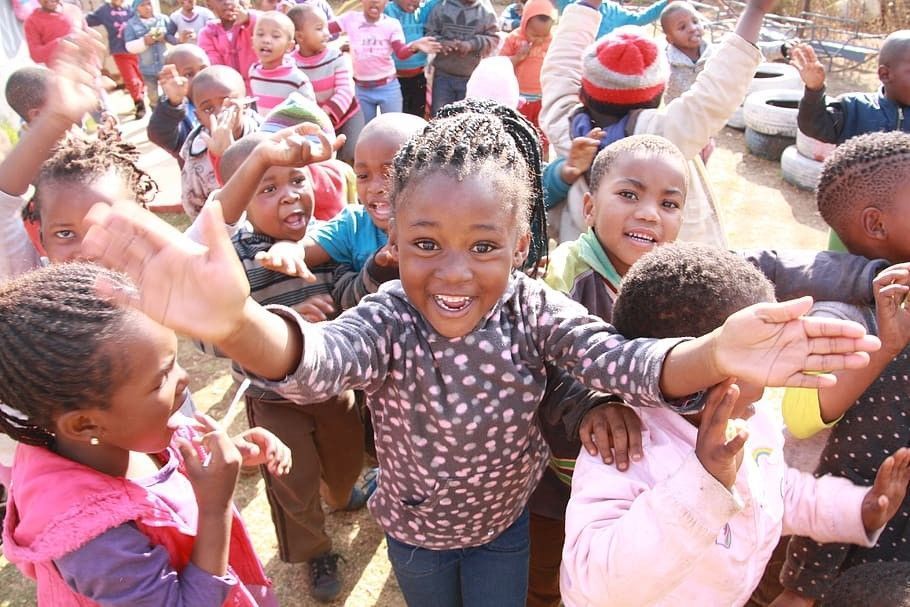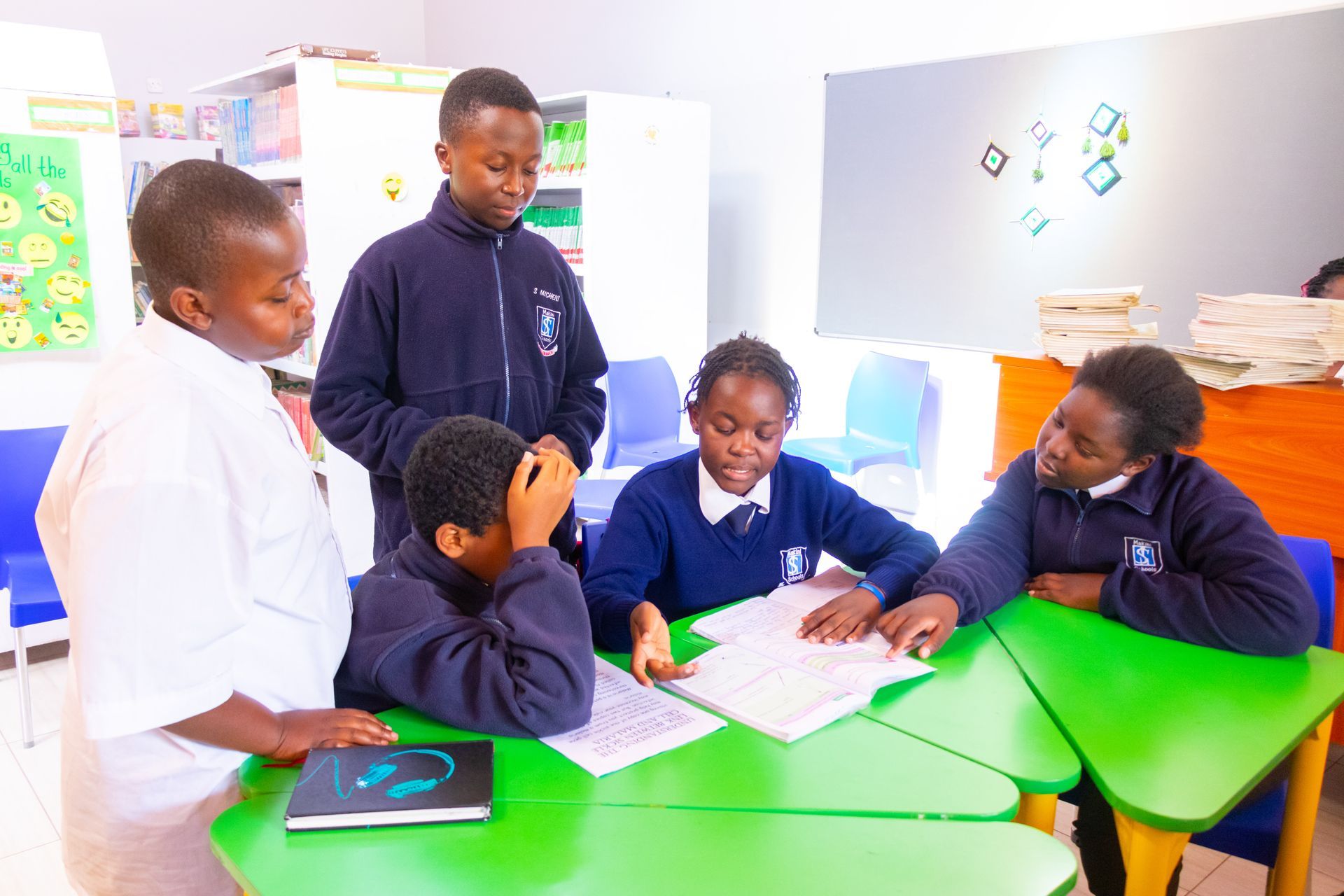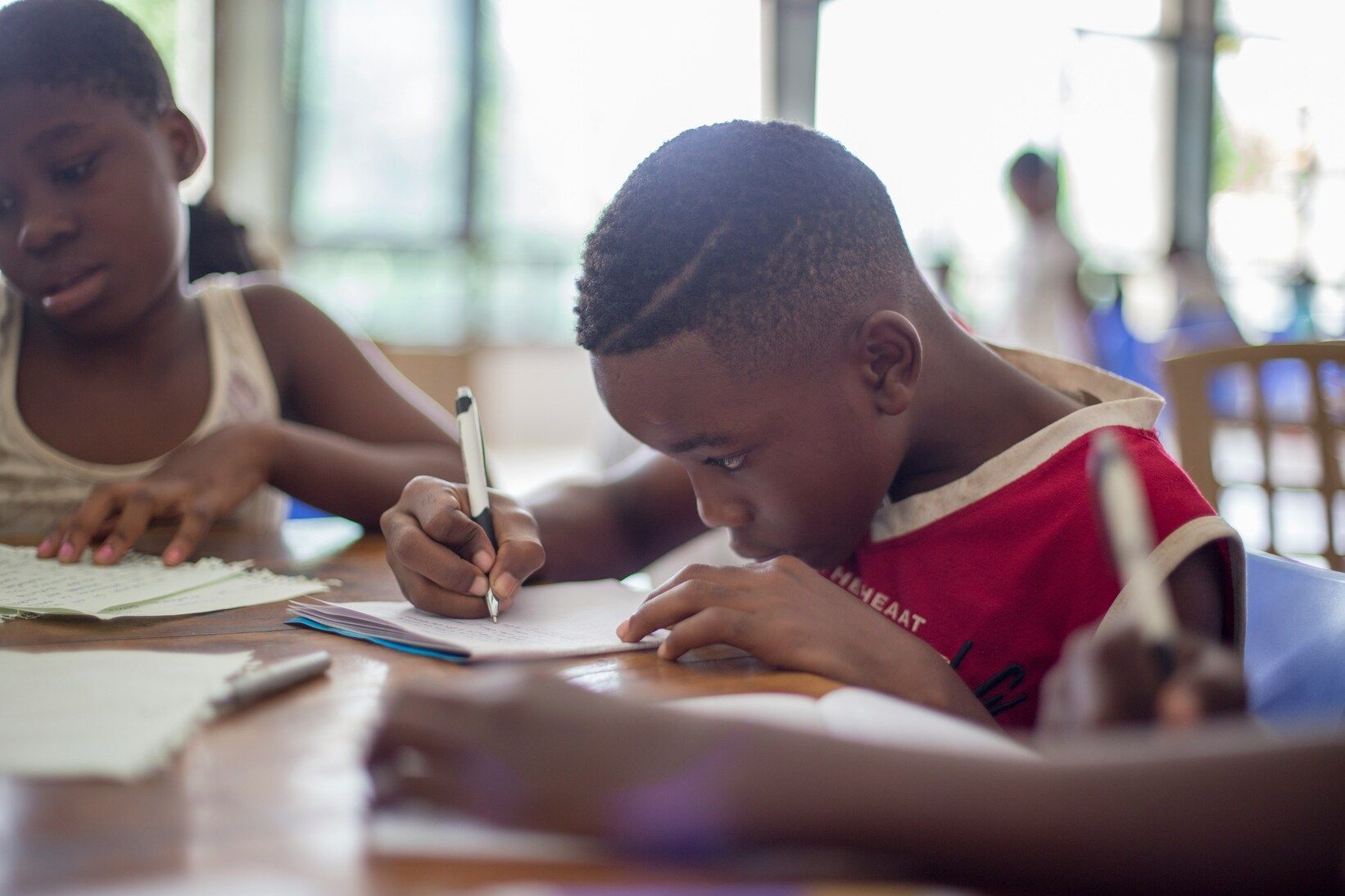Tips To Combat Feelings Of Social Anxiety In Children
What should you do if your nerves are in overdrive as you emerge from the Covid-19 lockdown? Adapting to post-pandemic realities is as challenging for children as it is for parents/adults.
As societies reopen around the world, many people are experiencing new or worsening social anxiety. Things most people used to do daily with so much as thought is now a bigger deal. Things like talking to strangers in the shop, organising a playdate, borrowing a pencil from a friend at school, ordering in cafes, have become anxiety loaded activities.
Whether you were socially anxious before the pandemic or developed social anxiety as a result of being isolated, the prospect of returning to a day-to-day ‘new-normal’ life can feel daunting to even the strongest person.
Children and teenagers with social anxiety have an excessive fear of social performance situations. It creates feelings of fear for children when they need to: speak to others, read out loud, go outside, be evaluated by others. They are concerned that they may do something embarrassing, humiliating, or that others may think badly of them, making them self-conscious.
Also, children going through social anxiety after Covid-19 have added stressors that were not part of their original anxiety. According to the Big Life Journal, social anxiety is one of the most common problems that prevents children from adopting a growth mindset, trying new things and taking risks. Therefore, it is important for us as parents to support our children to navigate through their social anxieties.
Here are a few tips to consider:
Knowledge is power. One of the most effective things you can do is to teach your child about social anxiety. Speak openly about the topic. Understand your child’s fears and with as much knowledge as possible about what your child is going through script, a role-play so that they feel more prepared for various social situations. If they have all the information about a certain event, i.e., who is attending, what they are expecting to do, etc. your child may be calmer in participating than isolating themselves. If they do not have all the information, they will avoid engagement.
Connect with your child. Consider the PACE approach (playfulness, acceptance, curiosity and empathy) model. PACE is a wonderful way to engage with your child and help them feel safe as they navigate their anxiety. When you as an adult model that you are calm and relaxed in social situations, they will also slow down. Showing playfulness towards a situation will immediately take the serious worry out of it. Showing acceptance of your child’s feelings teaches them that they can come to you with their anxiety and feel heard and safe because you listen.
Showing interest and curiosity in their day-to-day activities will help your child take steps to start something new at their own pace. Showing empathy towards the anxieties they are facing helps them to feel connected to you and shows them that you understand how they are feeling. Once they are interacting with you in a space that feels both safe and empathetic, you can start to work on techniques to alleviate the social anxiety that your child is feeling.
Find balance. Learn when to step in as a parent and when to walk away so that your child may overcome the situation they are in. By no means is this easy, but when you hover over your anxious child, it can make them feel more anxious or helpless in your absence. Allow them to find their own voice in the emotion they are experiencing. We can teach our children about emotion regulation to help them work through bigger social interactions. When they find the calm within their own anxious storm, it will reduce stress and assist them through life.
Teach your child relaxation strategies. Children need a variety of tools when they feel anxious and overwhelmed. Navigating childhood challenges can be stressful, and sometimes deep breathing is not the only solution that could work for your child. Consider other relaxation strategies such as visualising a quiet place, drinking some water, singing out loud, exercises like jump-rope, swimming or even cycling and running. Another approach to help is the stepladder approach. This is a gentle behaviour technique that you can use to help your children physically and visually experience starting small things before tackling the big and scary things.
Focus on progress, not perfection. Fear of failure, fear of looking bad in front of friends and family or even the fear of not meeting a goal can weigh heavily on a child’s feelings that is experiencing social anxiety. So, help them focus on the progress they have made instead of the perfection, e.g., help your child to speak about the love of the game. How much they enjoy practising and engaging with their peers rather than the win or lose. Learning a growth mindset is how they will learn to thrive amid the anxiety.
Allow your child to worry. As your children get older they face more complex social challenges. Starting school. Meeting new friends. Learning to swim. Competing in sports. Learning to drive. Moving away for university. Each new thing can feel like a big step forward. Worry is a natural part of life. It can be helpful as long as it does not take over their lives. Thinking through the part they worry about, calmly and with support, can help your children get ready for what is ahead by anticipating what to expect. When children feel prepared, they can focus on the part they are looking forward to.
Seek help. If your child has excessive worry, is easily triggered by mildly stressful situations, or gets panic attacks, talk with your child's doctor or a specialist on mental wellbeing. Childhood anxiety can get better with the right treatment and support.
If you can help your child to overcome social anxiety now, you will be setting them up for a happy and successful life! Walk the journey with them.













